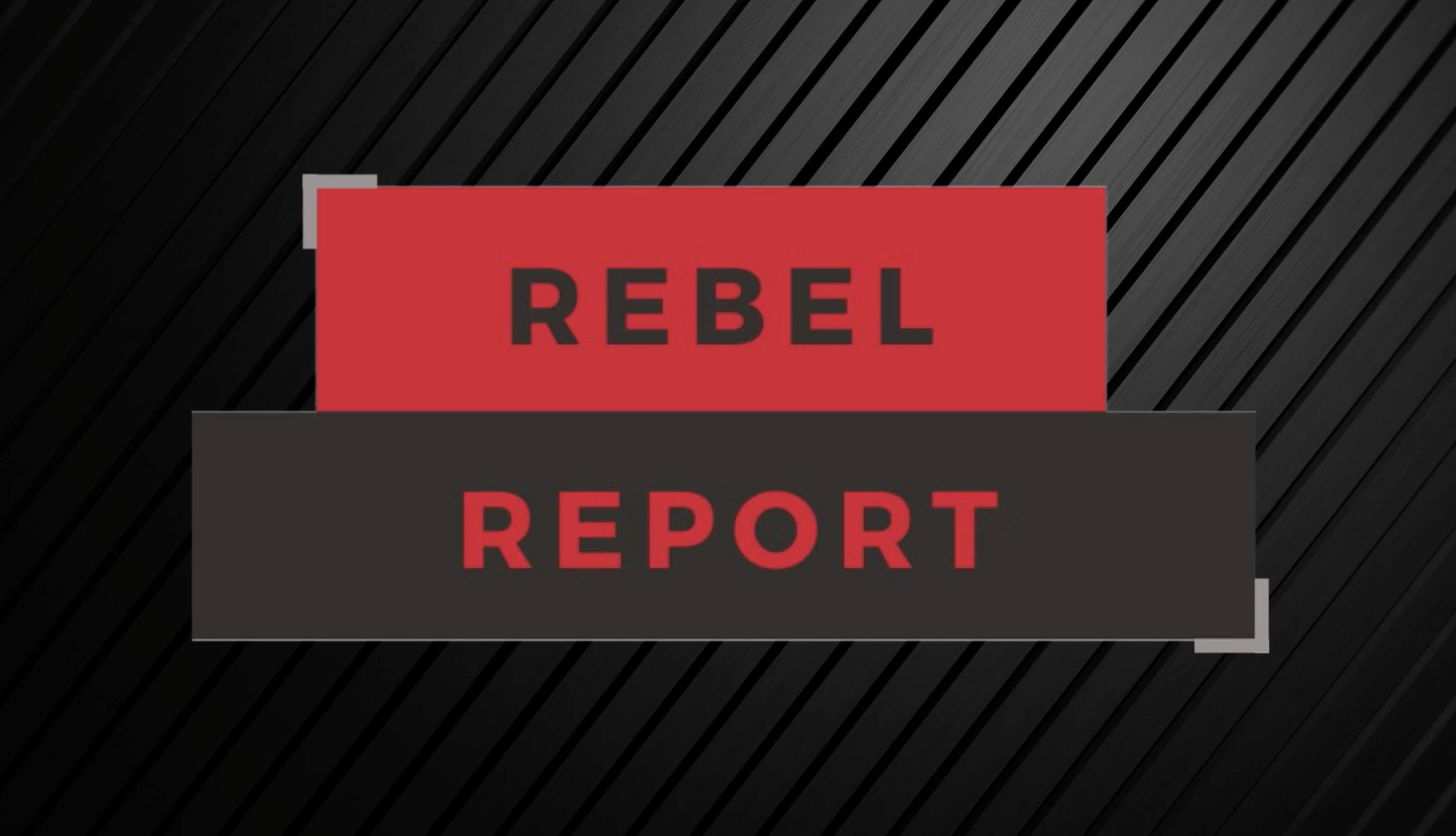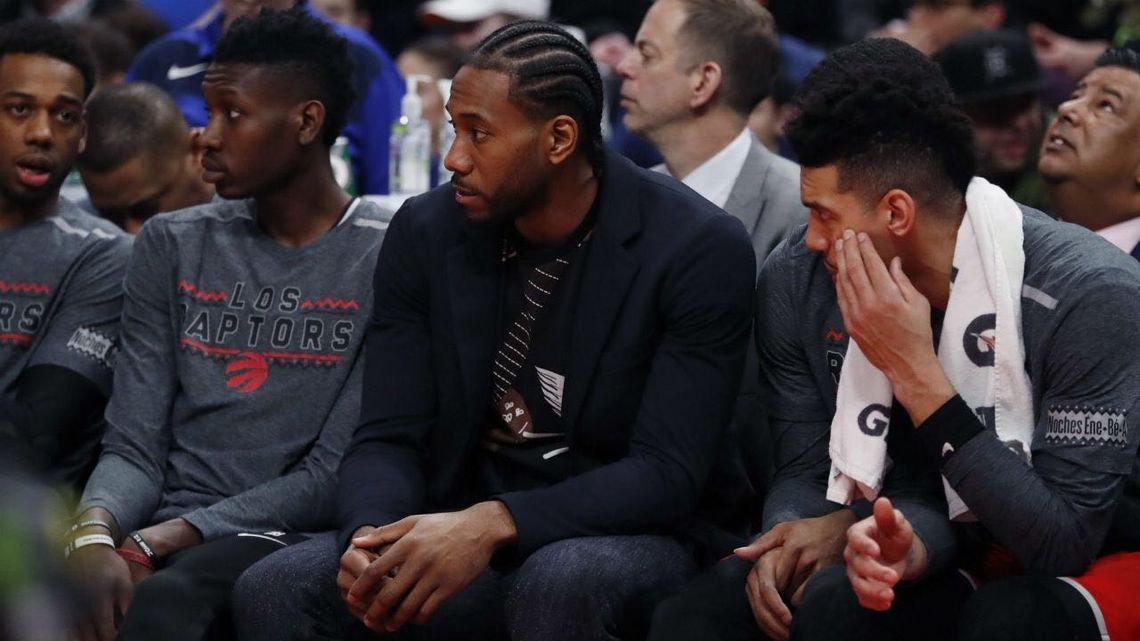“If load management would have been around, who knows? I probably would have still been a Chicago Bulls right now." Derrick Rose, once an MVP, has seen his entire career derailed by multiple injuries. As one of the biggest what-ifs in NBA history, the idea of Rose being load managed may have changed the trajectory of his stellar young career.
Rose’s words have reignited the debate over load management and its effect on the NBA as a whole. Kawhi Leonard has become the poster boy of today’s load management era, sitting out in two nationally televised games (against Utah and Milwaukee). Other players such as Ja Morant and Kristaps Porzingis have also sat out due to load management. While old heads believe load management is essentially a gimmick, new players have revered load management as important for them to be at full strength day in and day out.
Load management’s issue may not be within the concept itself, but with how it affects all three components of the NBA. It’s effect on the players, fans, and the league itself has become the talking point.
Players are primary beneficiaries in the world of load management. In a fast paced NBA, players need more time to rest. The average possessions per game this year is 101.7, the highest it’s been since the 85’-86’ season. Also with a league average of 12.5 back-to-back games, it's clear to see how important rest is for players in the league. Teams like the Clippers have the added luxury of being able to rest their best player and still compete at a high level.
The primary issue amongst those opposed to load management is fan experience. Those looking to watch a star player get quickly irritated seeing that player sidelined with a nice tuxedo. While load management helps the players and organizations directly, it neglects those who pay to watch their games. For example, a fan who pays marquee prices to the Bucks vs Clippers game would have been extremely disappointed to see arguably the best player in the NBA take a rest day. Not to mention the fact that there is no refund system in check for when players are expected to sit out.
Whether we like it or not, load management has neglected the fan experience. While it's understandable, it cannot continue this way for long. If the NBA does plan on continuously using load management to its advantage, they should also take into consideration those that they intend on entertaining. Load management isn’t necessarily the issue, its how it's being used that causes all the dilemma.






Comment
Comments